Argentina
Marine Biologist & Conservationist
In Carolina Pantano’s world, there’s no greater joy than being submerged within the tranquil waters of the deep blue. In those moments, all her worries become insignificant. But the Marine Biologist’s journey wasn’t always filled with such tranquility.
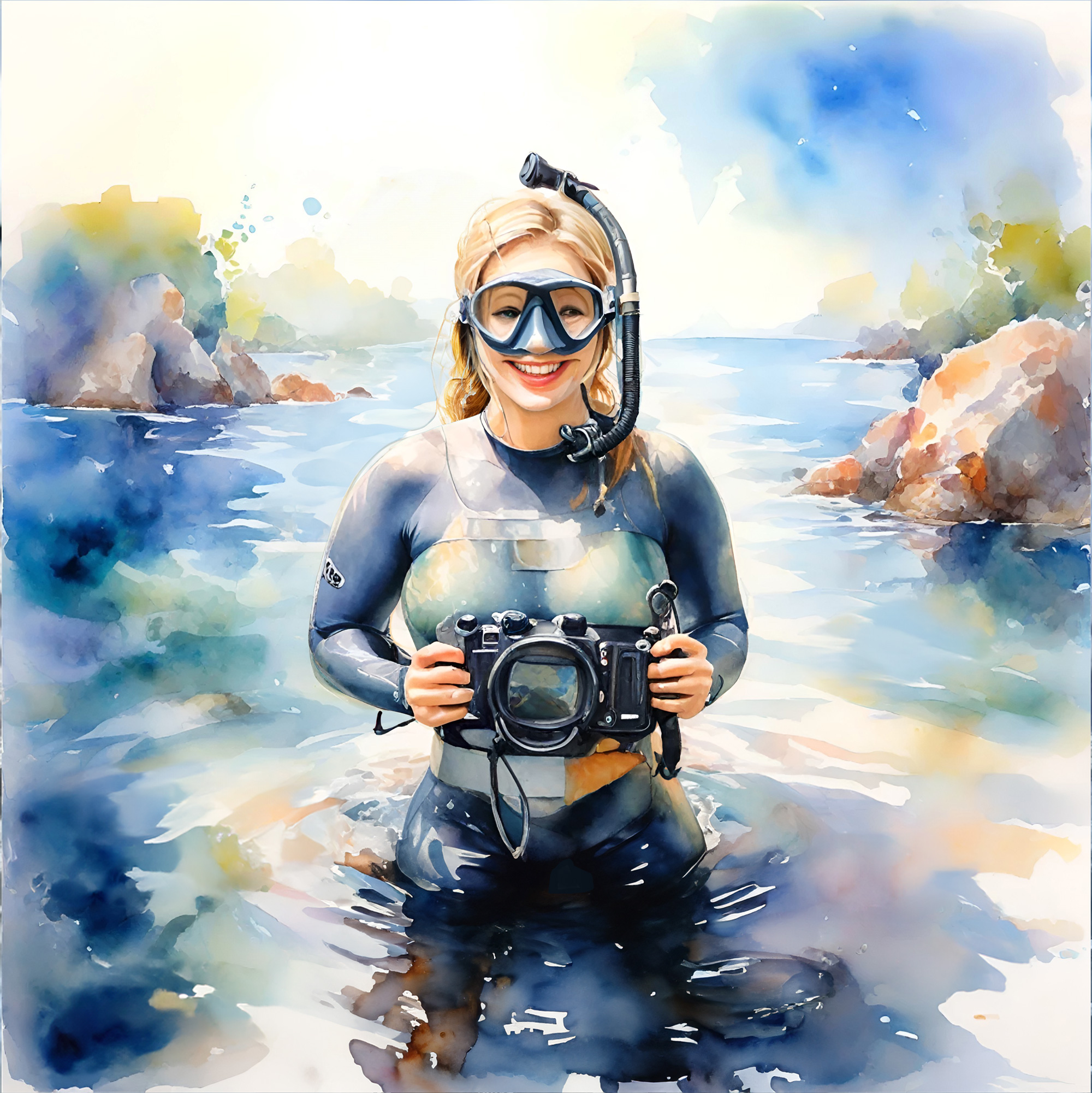
Raised within the urban sprawl of Buenos Aires, Carolina’s only interactions with the ocean were surface-level family holidays along the Argentine coastline. When she turned 18, she pursued a degree in biology, a decision guided more by curiosity than clear direction. Unsure of how she would channel this into a meaningful career, she became restless, packed her bags, and set off on a journey that would forever change her life.
Her travels led her to the distant shores of Asia and Australia. During her time “Down Under”, she found a passion for deep-sea diving and fell in love with the ocean and its mysteries. Carolina realized that this was the life she had been searching for.
She returned to Buenos Aires with a clear purpose: to dedicate herself to preserving the ocean’s wonders. She started by returning to school to specialize in Marine Biology and then immersed herself in volunteer work for several conservation projects within Argentina.
Her exploration eventually brought her to Patagonia, a coastal haven brimming with marine life — from magnificent whales to dense kelp forests. In her moment of discovery, Carolina knew that Patagonia would become her home. In this place, she could immerse herself fully in the marvels of the sea and dedicate herself to their preservation. She joined Por El Mar, a grassroots marine conservation organization that protects the Argentine coastal ecosystem.
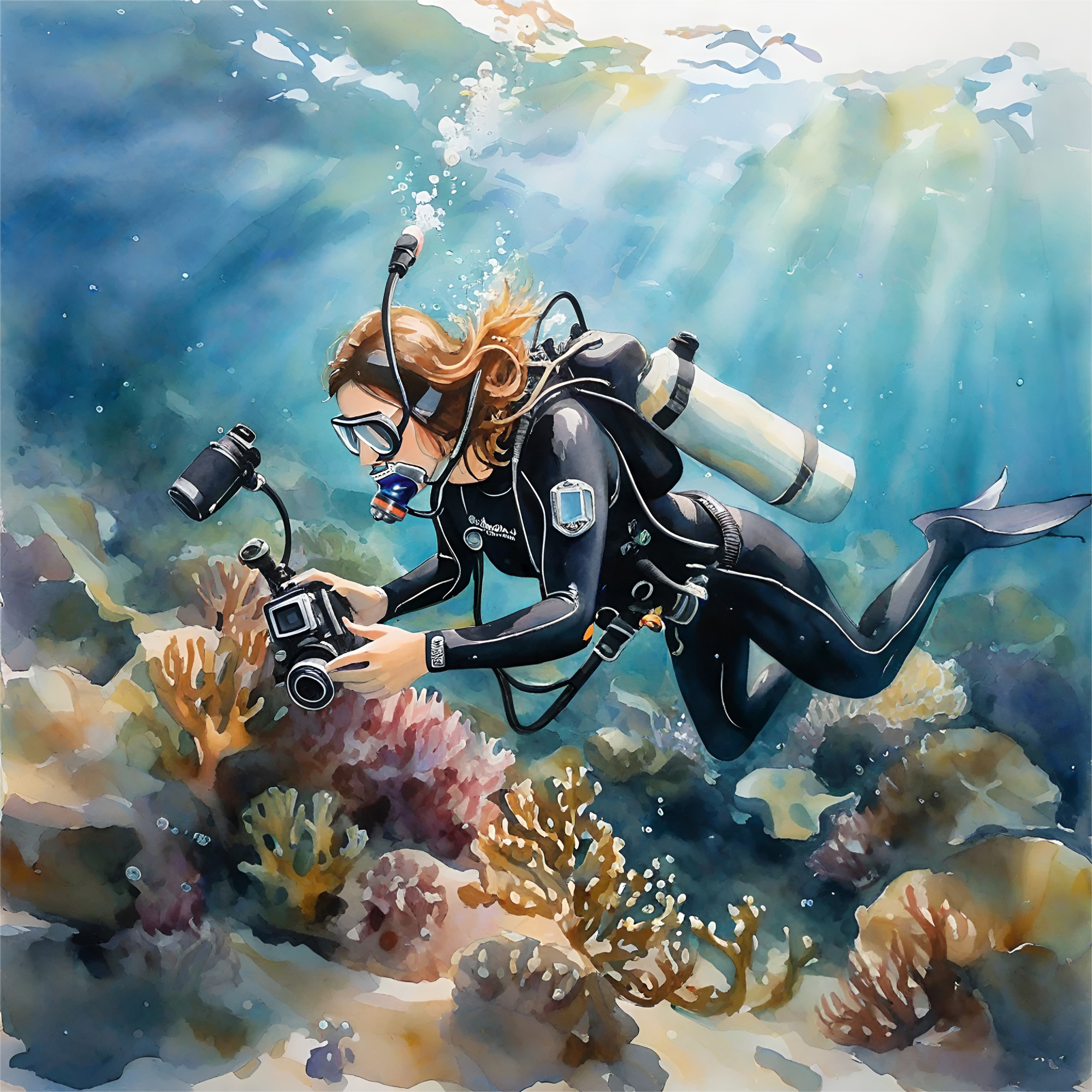
Over time, Carolina learned that the survival needs of this region’s inhabitants had overshadowed their once intimate connection with their larger ecosystem. Carolina approached her work with deep empathy and respect for these communities, understanding that reconnection with their natural heritage would be a win for all.
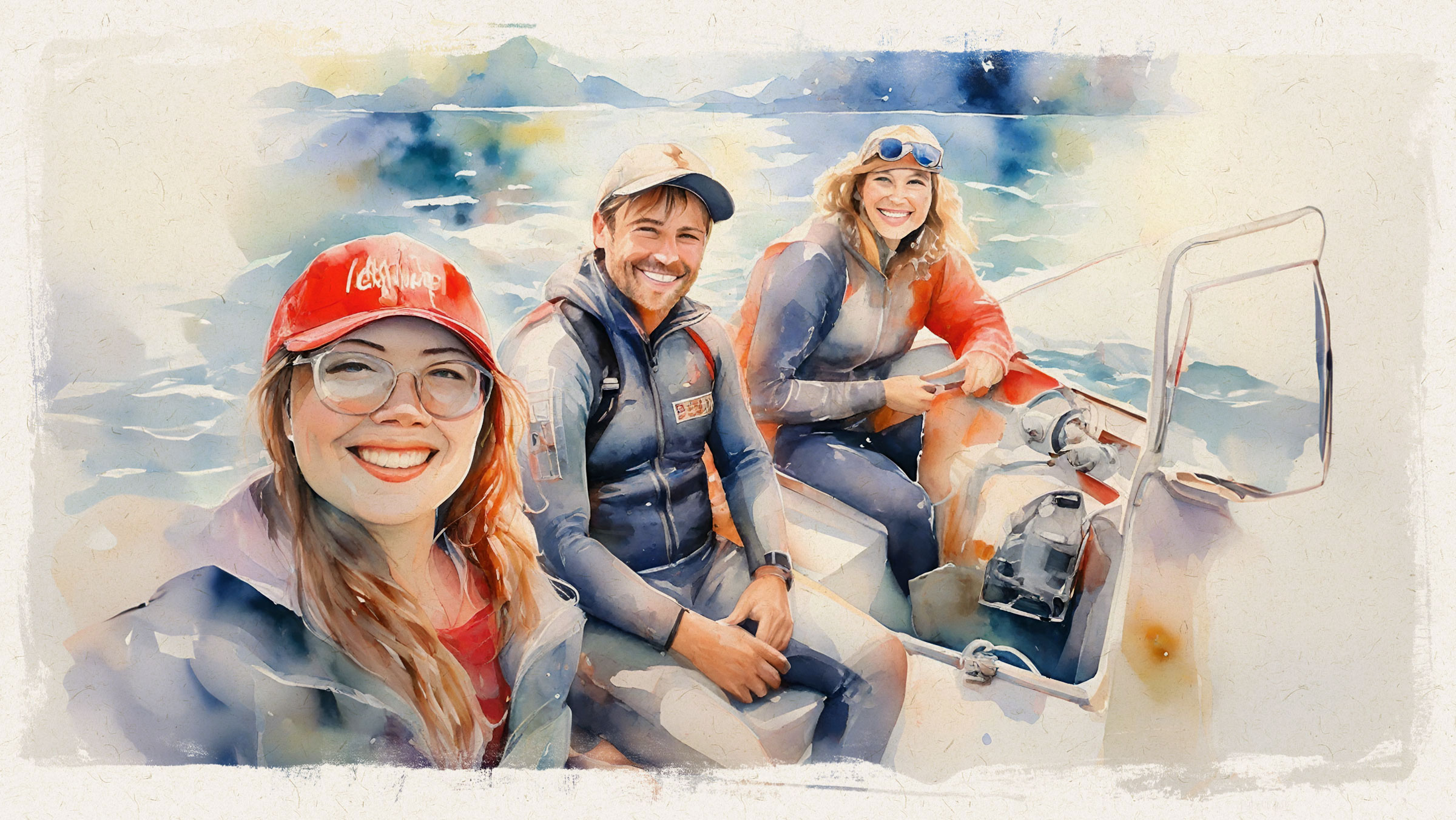
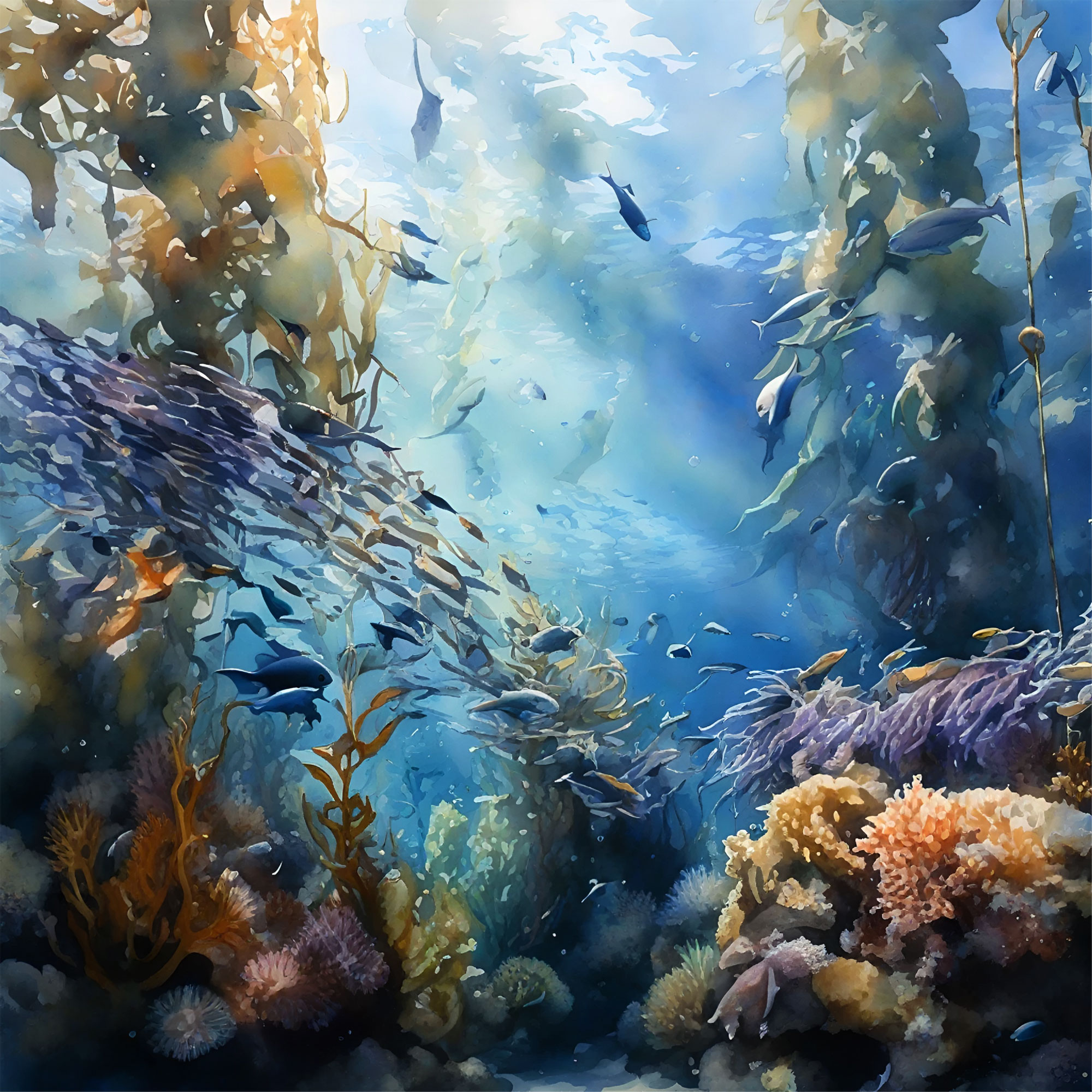
Along with her colleagues at Por El Mar, Carolina organized community outreach programs, educational workshops, and interactive tours that would help reignite this connection. They also initiated an exciting scientific pilot project to explore regenerative ocean farming as an alternative to industrial aquaculture, which leads to overfishing, undermines food security and disrupts aquatic food webs. Regenerative farming, on the other hand, enhances food sovereignty and security, preserves cultural heritage and biological diversity, and strengthens ecosystem and community resilience.
The project showed promising results, with healthier kelp forests, and other coastal regions became interested in adopting these farming methods.
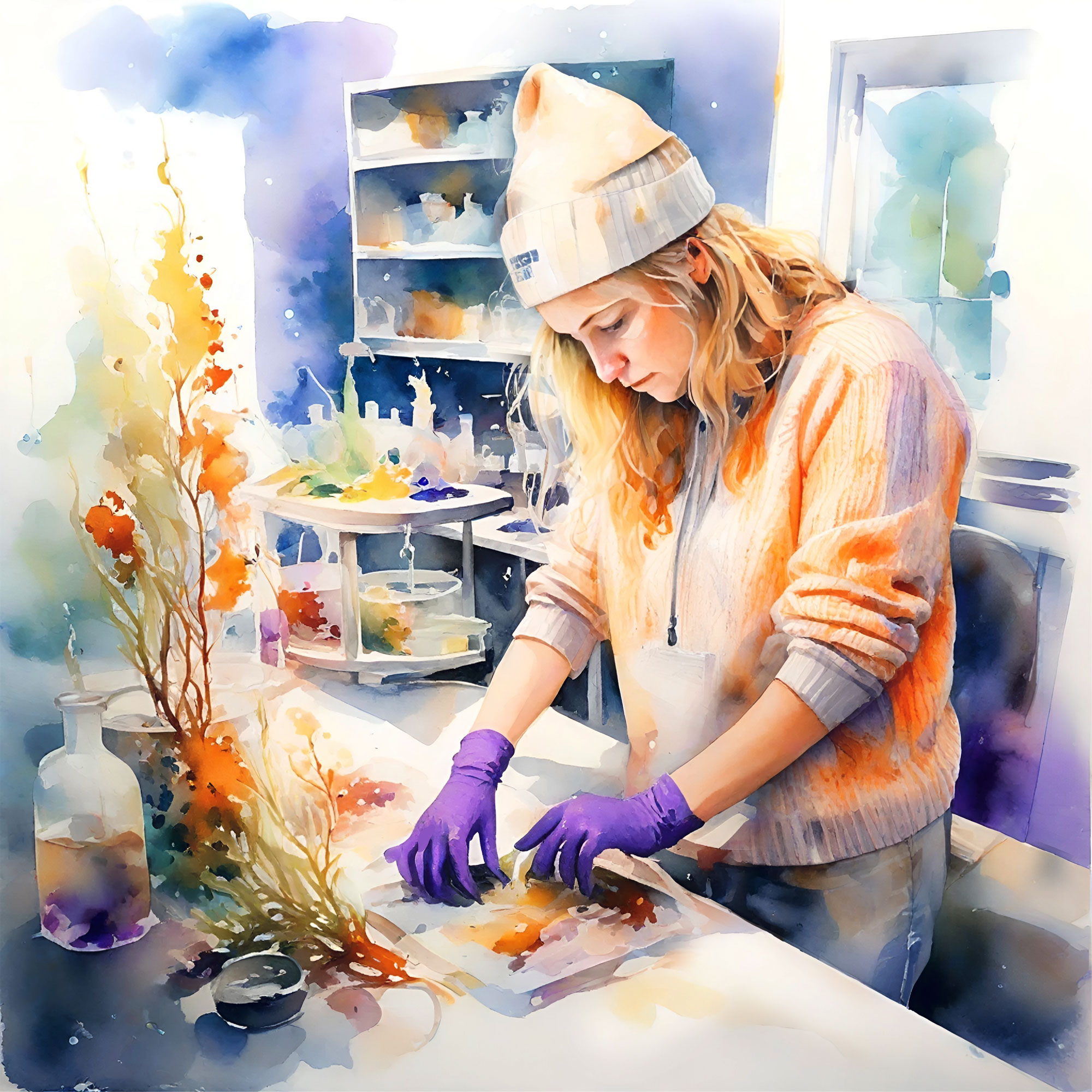
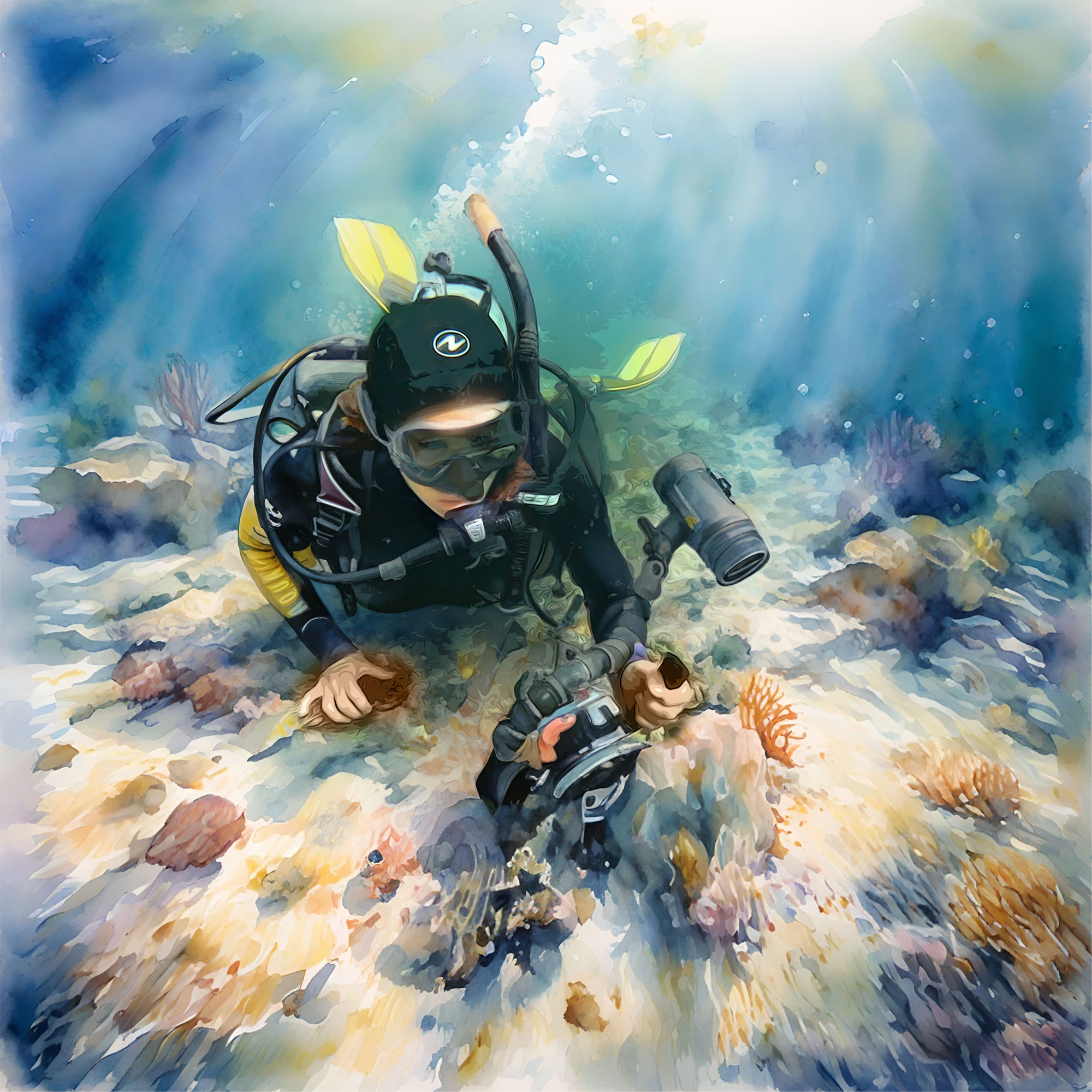
Carolina’s wonder and curiosity for the ocean inspires those around her to see life underwater as more than just a resource. She has helped the local communities reconnect with nature and ignited a desire to respect and protect this vibrant living ecosystem.

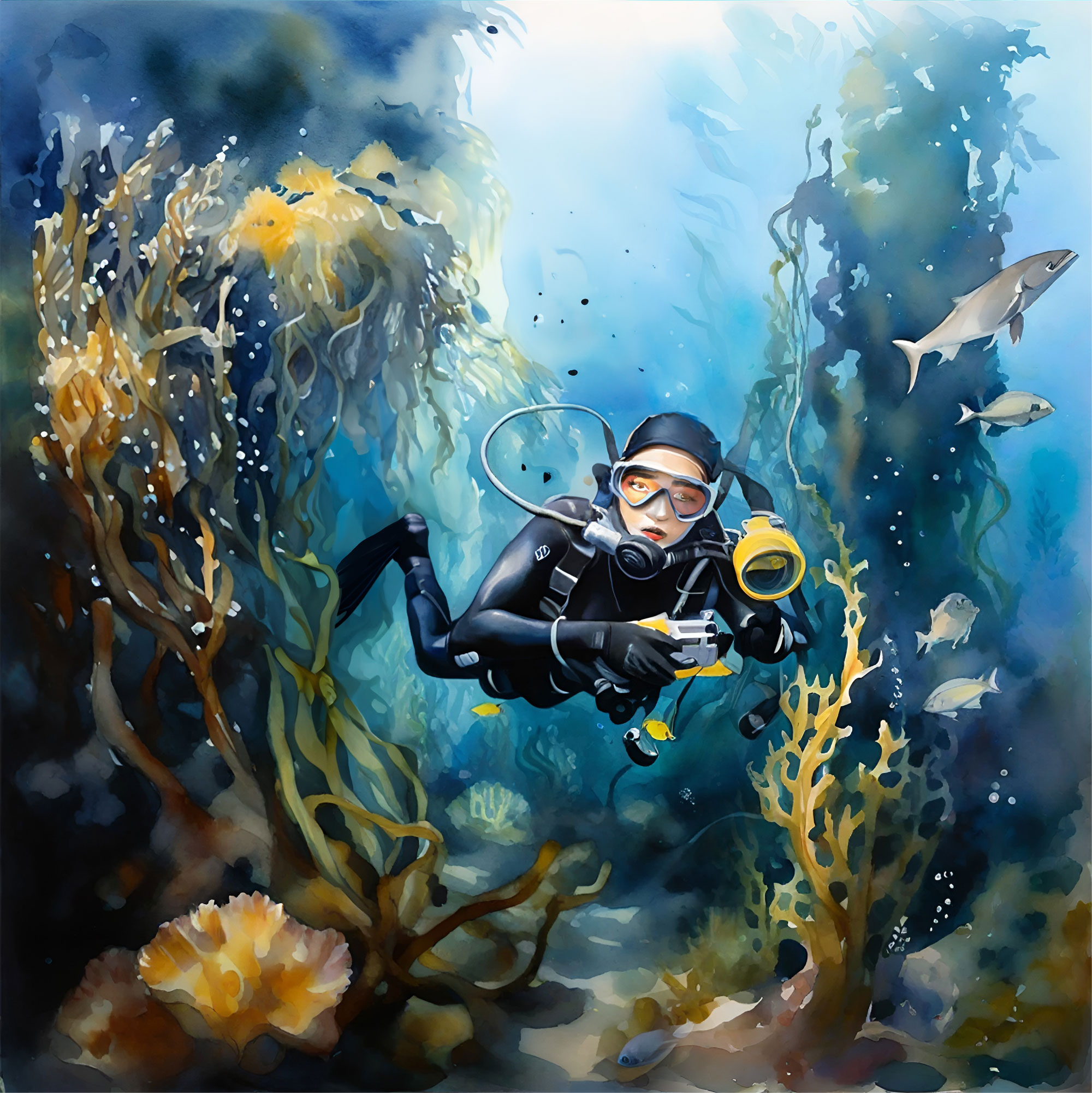
According to the World Resources Institute, kelp forests have suffered significant damage over the last 50 years. Climate change, poor water quality, and overfishing have negatively affected up to 60% of these vital ecosystems. Shockingly, research indicates that kelp forests are declining at a rate twice as fast as coral reefs and more than four times as fast as rainforests.
Despite their crucial role as breeding grounds for fish, sources of food and medicine for indigenous communities, and providers of ecosystem services like carbon capture and nutrient removal, the degradation of kelp forests persists. Regenerative ocean farming can help conserve existing kelp forests and expand their coverage. It allows coastal communities to depend economically on the ocean without harming its delicate ecosystems.

Consider these tips:
Personal
Consider watching “My Octopus Teacher,” a captivating documentary that offers an intimate look at the fascinating lives of marine creatures and the deep connections they form with humans.
To keep ocean life happy, remember to clean up after yourself and leave no trace. Find a sunscreen that uses physical UVA and UVB filters (as opposed to the chemical ones that have been connected to coral reef deterioration). You’ll be able to find them by flipping the SPF tube over and looking for the active ingredients: zinc oxide and titanium dioxide. These ingredients form an actual physical block to shield the skin from absorbing any rays (whereas chemical filters absorb UV and turn it into heat that’s released from the skin).
As you stroll along the shore, keep your eyes peeled for fascinating creatures that call the shoreline home. Observe the intricate patterns in the sand left behind by the receding tide, the delicate shells washed ashore, and the tiny creatures burrowing beneath the surface. This will help you appreciate some of the ocean’s often-overlooked treasures.
Community
Marine debris, like plastics, fishing gear, and other waste, doesn’t just clutter up the ocean floor—it can entangle and suffocate marine animals, disrupt ecosystems, and even block sunlight from reaching kelp, hindering their growth.
Rally your friends, colleagues, or family for a beach clean-up event. It’s a chance to beautify our beaches and protect the precious kelp forests and marine life that call them home.
Additionally, educate yourself on water quality policies in your local community and speak to your government officials if they are not upholding clean water standards.
Share Your Ideas
Share your ideas:
We would love to hear from you about how you’ve embraced the benefits of kelp in your lifestyle! Please send them to engage@daughtersforearth.org. You can support all Daughters by visiting our website and becoming part of the solution here.



 Donate
Donate
